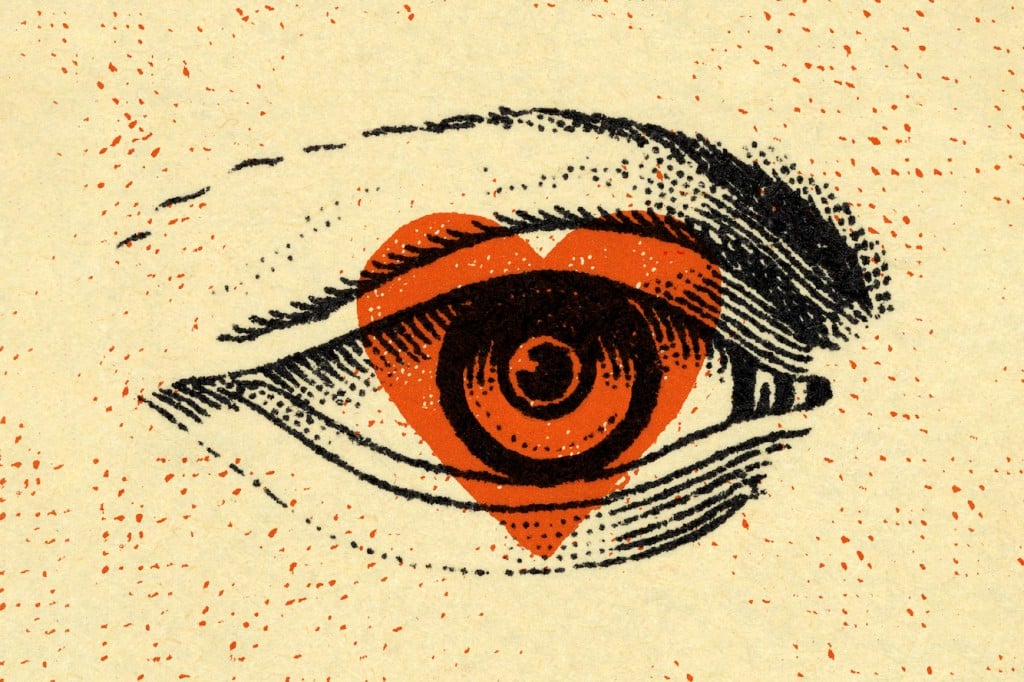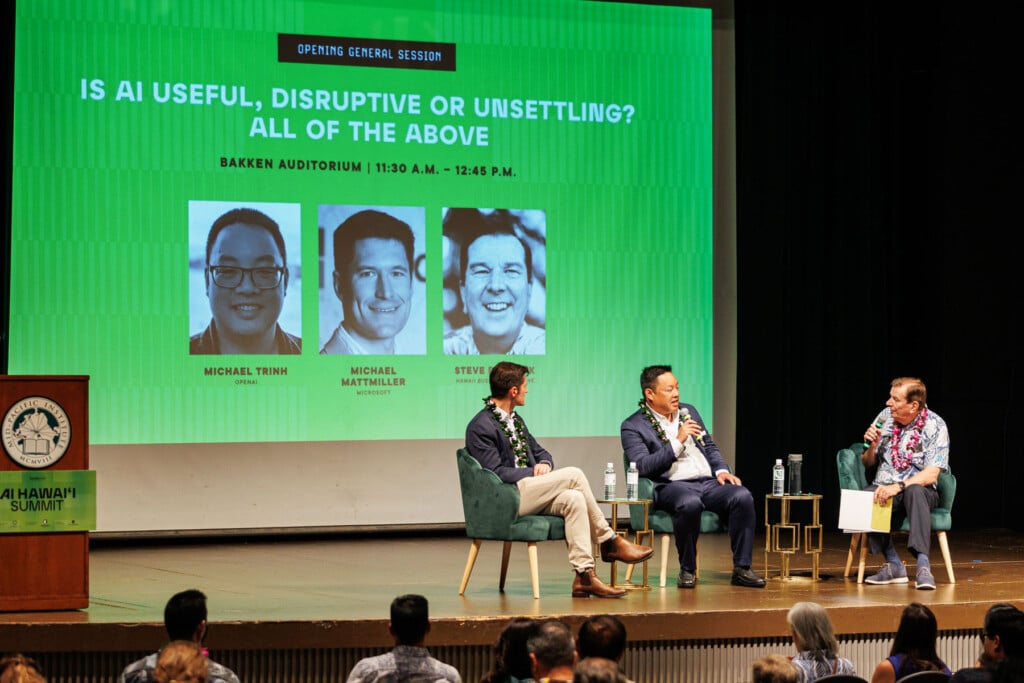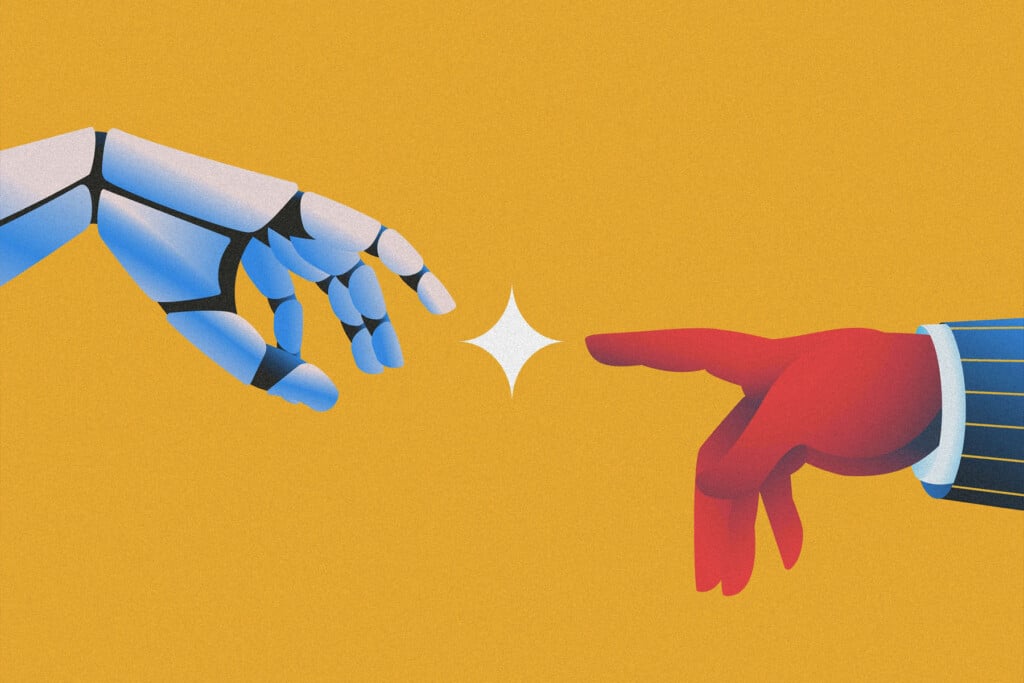How to Keep Learning: Shut Up and Listen
A frank conversation with the head of the State Commission on the Status of Women opened my eyes to the reality of many women’s lives.

Let’s start with a question: Does empathy come from nature or nurture? That is, do we inherit empathy from our parents or does it come from our upbringing and environment?
If you answered “All of the Above,” congratulations, you win our grand prize: a brief journey through the challenges and rewards of empathy, with something for everyone who wants more insight into other people.
The subject of where empathy comes from and how it is developed has been studied often by psychologists and other scientists and in many different ways. The short answer seems to be that our brains are hard-wired for it, but that we can be trained – or we can learn – to be more or less empathetic. That’s good because empathy is one of the important glues that make humans successful social animals.
But there is another layer to empathy that is disturbing. Our brains are hardwired to be more empathetic to people we identify more with, whether by ethnicity, age, gender or other characteristics.
Frans de Waal, a Dutch primatologist and ethologist, says empathy evolved in humans because “it’s important to take care of others in the group because you depend on” them for mutual survival.
A supremacist who touts his ethnic group over any other would probably take that finding and say, “See, the races were not meant to mix. Let’s get rid of anyone who does not look like me and we’ll be better off .”
Recommended: The Reality of Abortion in Hawai‘i
Differences Make Us Stronger
There are many problems with that argument but I will cite only two of them. One is that Americans have found numerous benefits to a society that consists of people whose ancestors came from different places – it has made us one of the most dynamic and innovative nations on the planet. Besides, who can argue with all the menu choices diversity gives us.
But seriously, the second problem is even more basic. Let me repeat the three shared characteristics I already mentioned that make us more empathetic to people like us: ethnicity, age and gender. Even if we were all of the same race, we would never all be of the same gender and age. The Taliban solves the first part of that problem by completely subordinating women to men; if that seems like a good solution to you, I encourage you to stop reading now.
For the rest of us, the answer is that we all need to nurture the empathetic nodes in our children’s brains and our own so we can walk a mile in a lot of other people’s slippers.
Here’s something we did not need scientists to prove but they did anyway: Women are generally more hard-wired for empathy than men. Duh.
That does not mean all women are more empathetic than all men, but it does mean men usually need to try harder.
Listening and Shutting Up
I’m on the wrong side of 60 and still learning. Many lessons in empathy came during 41 years of marriage and while raising a daughter and a gay son. Many other lessons come from four-plus decades in journalism, where your job requires you to listen to different sides of issues.
I gained further lessons in empathy during my recent interview with Khara Jabola-Carolus, executive director of the State Commission on the Status of Women. It was an informative conversation for me and an emotional one – twice I had to turn away from my Zoom screen to collect myself.
Valuable reading for both women and men. But I can almost guarantee any man that you will learn things you did not know or have not thought about.
My other advice is to spend less time talking and more time listening. Like empathy, you get better with practice.
Recommended: The Reality of Abortion in Hawai‘i






